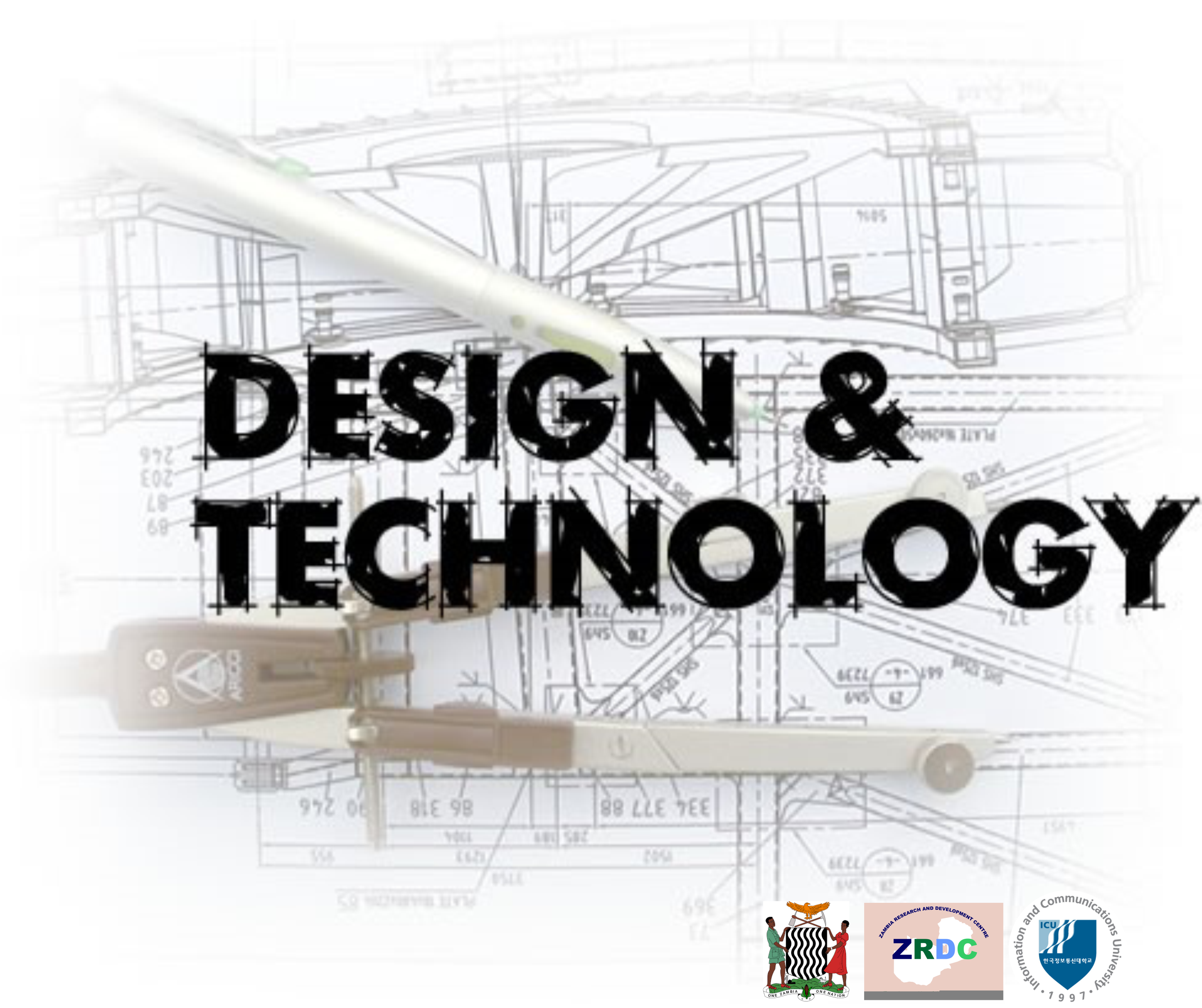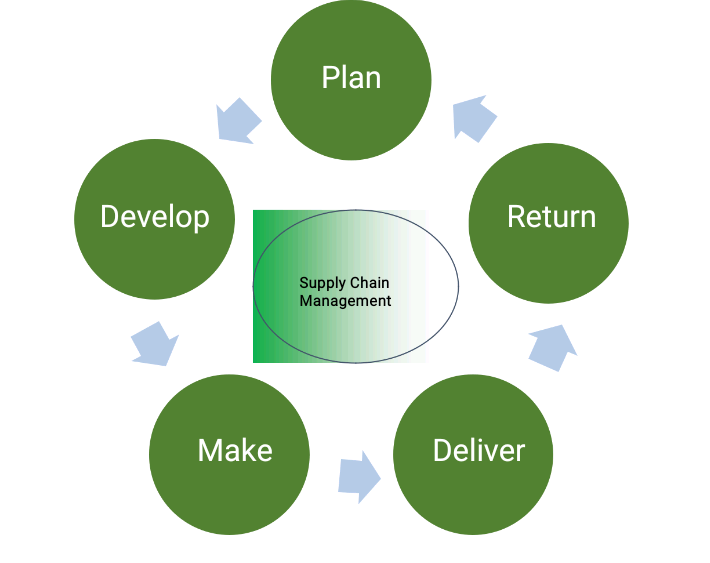
This course teaches the basics of tourism
- Teacher: ICUZambia Administrator

This course teaches the basics of tourism

Studying Design and Technology is vital because it equips students with the skills to creatively solve real-world problems and innovate for the future. It combines critical thinking, technical expertise, and a deep understanding of the design process, sustainable, and user-centered. By blending artistic vision with practical application, Design and Technology not only fosters creativity but also prepares students for a wide range of careers, making them adaptable, resourceful, and capable of tackling the complex challenges of our modern world.

Political sciences helps understand the theory and practices of government and politics at the local, national and global level. It is a social science that deals with the systems of power, governance and the analysis of political views around the world. It entails understanding political ideas, ideologies, policies and behavior. A background in political science is valuable for all citizens as it explains certain political actions. It also helps those wishing to have a future in government institutions.
This courses provides an in depth of curriculum development

This course helps students understand the basic principles of Algebra

Population is the number of people living in an area. Varius places have different population densities because of the uneven population distribution of different location. Some locations have low, medium or high number of people giving us high density, medium density or low density areas. Places where people live are called settlement. This course will cover population and settlement of Zambia.
Empowering Zambian Citizens through Understanding the Constitution, Rights, and Responsibilities for Effective Participation in Governance.

High School Chemistry: Mastering the Building Blocks of Life. Prepare for future careers in science and medicine with a foundation in the language of chemistry.
This intensive short course is designed to provide aspiring entrepreneurs and business professionals with a comprehensive introduction to the world of business management. Over the span of two weeks, participants will delve into fundamental business concepts, explore various forms of business, and learn effective management practices. This course will combine theoretical knowledge with practical applications, enabling participants to generate viable business ideas, create business plans, and manage business operations successfully.
due to economical, political, social,technological ecological,legal and demographical changes that have taken place in zambia,t

 This comprehensive course provides participants with essential knowledge and practical skills to effectively prevent,respond to and manage fire emergencies in workshop setting. The course covers fire safety principles ,risk assessment, fire fighting equipment usage emergency , emergency response ,and post fire procedures.Participants will gain the confidence and competence to maintain a safe working environment and handle fire emergencies effectively.
This comprehensive course provides participants with essential knowledge and practical skills to effectively prevent,respond to and manage fire emergencies in workshop setting. The course covers fire safety principles ,risk assessment, fire fighting equipment usage emergency , emergency response ,and post fire procedures.Participants will gain the confidence and competence to maintain a safe working environment and handle fire emergencies effectively.
Entrepreneurship is a dynamic and multifaceted journey involving innovation, risk, and strategic planning. Successful entrepreneurs leverage their skills, resources, and networks to create and grow impactful businesses while navigating various challenges.
Objectives:

Supply Chain Management Program integrates topics from manufacturing operations, purchasing, transportation, and physical distribution into a unified program. Successful supply chain management, then, coordinates and integrates all of these activities into a seamless process.The course aims at exposing students to the necessary information that will add to the student's knowledge on supply chain management.Course outline:
1.Introduction to supply chain management.
2.supply chain management process.
3.steps of supply chain management process

Political sciences helps understand the theory and practices of government and politics at the local, national and global level. It is a social science that deals with the systems of power, governance and the analysis of political views around the world. It entails understanding political ideas, ideologies, policies and behavior. A background in political science is valuable for all citizens as it explains certain political actions. It also helps those wishing to have a future in government institutions.

The Principles of Management course is designed to provide students with a comprehensive understanding of the essential concepts, theories, and practices that underpin effective management. This course covers the fundamental functions of management, including planning, organizing, leading, and controlling, and examines how these functions are applied in various organizational settings. Students will gain the necessary knowledge to manage resources, make informed decisions, and lead teams effectively in a dynamic business environment.
This course provides a comprehensive introduction to the principles and practices of risk management. It aims to equip students with the knowledge and skills necessary to identify, assess, and mitigate risks in various organizational contexts. The course covers a broad spectrum of risk types, including financial, operational, strategic, and compliance risks, and emphasizes the importance of a proactive and integrated approach to risk management.

computer studies is the study of ways of representing 0bjects and processes. it involves defining problems, analyzing problems, designing solutions and developing, testing and maintaining programs
The following is what you will learn in this course, You will explore a range of topics related to human society, including: Historical events, eras, and the development of civilizations, Geographic concepts like physical features, population patterns, and cultural diffusion, Political systems, government structures, and the rights/responsibilities of citizens, Economic principles, market dynamics, and personal finance, Social structures, cultural traditions, and the organizations that shape human interactions.
Matter is anything that takes up space and has mass.
This course empowers learners in basic knowlage on soil types, treament and general good practices that directly iprove plant health, growth and yields. after completion of this course, you are expected to meet the following competences:

INFORMATION SYSTEM AUDIT
Explore the history and evolution of information systems auditing. Learn how to follow a systematic audit process, establish audit criteria, gather meaningful evidence, and render an independent opinion about internal controls. This course covers various techniques for collecting evidence and performing comparisons against established standards. By the end of this course, you will be well-prepared to become a proficient systems auditor.